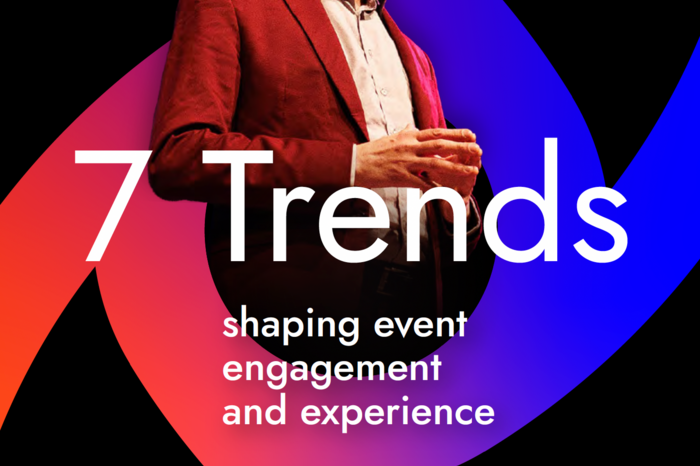
Collecting emotional data at events: why and how should it be done?
Cerezales: If you think about why the events take place. Typically, there is an organisation that needs to activate its community around a product or service. Especially on the corporate side, we are seeing a lot of behavioural changes. Brands want to see how an event impacts a participant, whether they were inspired, influenced in their purchasing decisions, or experienced a sense of community. In this sense, events are popular because they offer a positive ROI. The problem is that this ROI is difficult to track.
This is also true, especially for emotional data. To track emotional data at events, you need touchpoints and data points with the audience. You need data analysts, facial recognition cameras all over the place, artificial intelligence software to process the information, basically an entire infrastructure. I know of events that have successfully implemented facial recognition, but it is still in its infancy. Not to mention the privacy issue that could arise... as an industry, we're not there yet.
What is the main problem when it comes to measuring the ROI of an event?
Cerezales: There are many moving parts to an event, and brand marketing is highly fragmented. Brands invest in events, but also in social networks, advertising, etc. Therefore, it is difficult to understand why a consumer decides to buy. You know that events were important in the marketing mix, but you don't know if they were 20% or 50% important. That's also why the possibility in the future of optimising the tracking and measurement of attendee satisfaction and engagement through real-time emotional data is definitely one to keep an eye on.
What is the role of technology in collecting and interpreting emotional data?
Cerezales: It is essential, of course. Advanced technology like AI, machine learning and facial recognition are needed to create a customer-centric marketing strategy and deliver world-class customer experiences. However, it's not just about the technology itself. You need the right professionals, who know the right questions to ask, who know the right time to capture that data based, not only on how the technology works but also on their knowledge of human behaviours.

What are the essential qualities that a team must have to achieve that?
Cerezales: You need data scientists, analysts and a whole set of people who are on the rational and technical side of the strategy. But you also need the human side, those who can interpret the data to help brands extract meaningful, actionable insights. I'm talking about anthropologists, sociologists, psychologists. Both are required to reach a complete final solution.
John Mellor, vice president of strategy and marketing at Adobe, stated that "emotion is the currency of experience and is an absolute necessity when creating great experiences." Do you agree?
Cerezales: If you want to create a lasting impact on participants – so that they feel connected to the brand and keep coming back to that experience – emotions are a powerful and important component. It is very clear that click rates or traffic are becoming less and less significant compared to what marketers want to achieve and the possibilities that technology gives us. Emotions are one of the metrics of the future.

Watch Oscar and other MCI thought leaders discuss AI as a tool for enhancing marketing and customer engagement.




